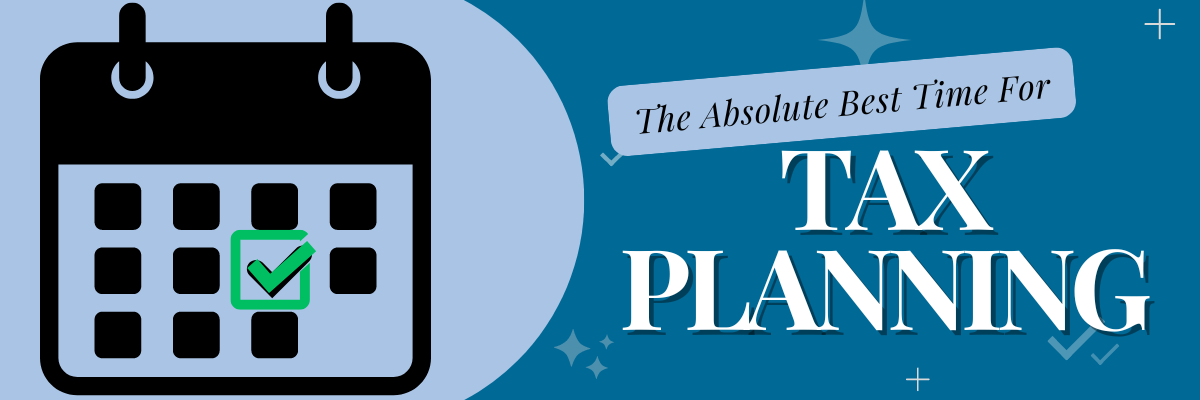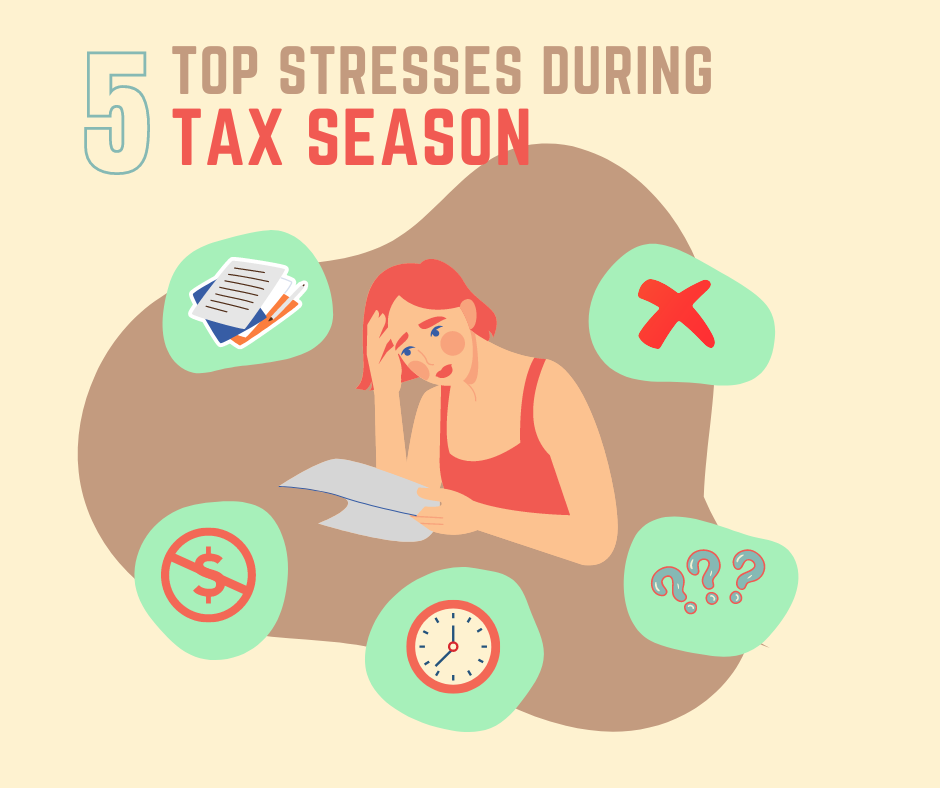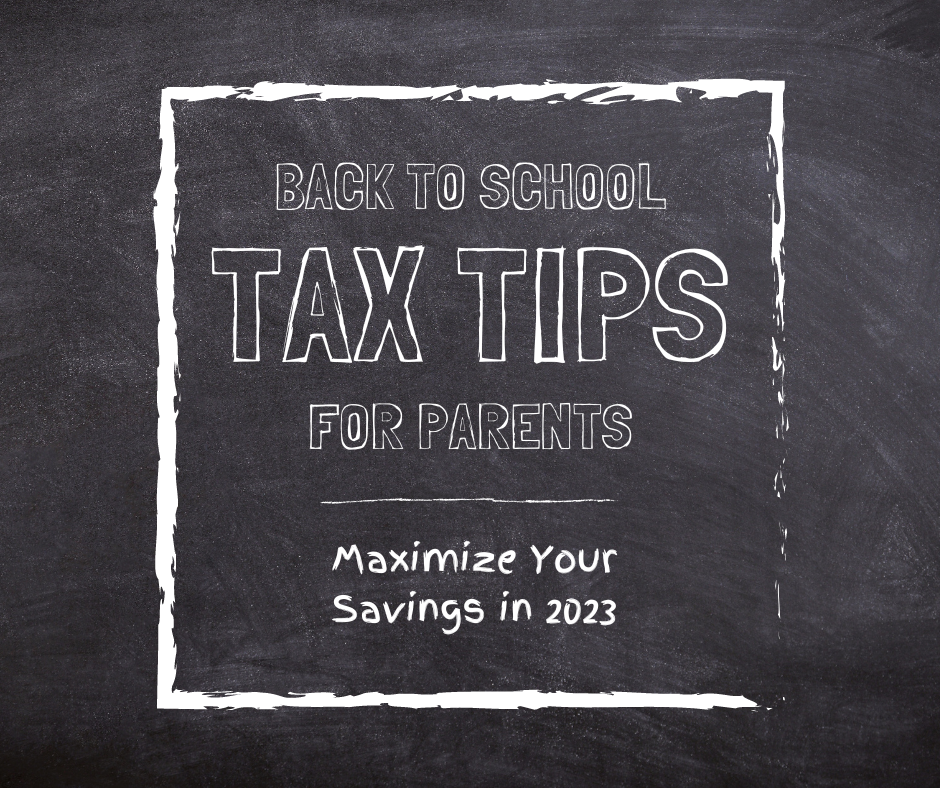Mistakes Can Go Both Ways!
Many times business owners have come into our office and with our help have found that they were doing things incorrectly regarding their bookkeeping and taxes. Occasionally, the errors add to the tax burdens that they have been under-reporting. That never feels good, but it is always better to fix those issues prior to any audit. Often, errors discovered “pre-audit” can be fixed by simply amending the return, and no IRS issues follow, and everyone just moves on. But quite often, the errors made were not in their own favor. In those case, we help them file amended returns that net them large additional refunds for up to three years back, and that always feels great!
So, how do these mistakes happen? First, let us tell you a story. A young girl was watching her mother bake a ham for a family gathering and noticed her mom cutting off the ends before placing it in the oven. “Mom, why do you cut the ends off before baking the ham?” she asked. “Hmmm…I think it helps soak up the juices while it’s baking. I’m actually not sure, though. That’s just the way your grandma always did it, so I’ve just always cut them off. Why don’t you call grandma and ask her?”
So, the little girl phoned her grandmother and asked “Grandma, mom is making a ham and she cut off the ends before placing it in the oven. She said that it’s probably to help soak up the juices but wasn’t sure. She said you’d know because she learned how to cook from you.” “That’s true. I do cut off the ends of the ham before baking. But I’m actually not sure why either. I learned how to cook from my mom. You should ask her.”
So, the inquisitive little girl called her great grandmother and asked “Great grandma, mom and grandma said they learned how to cook a ham from watching you. Do you cut off the ends of the ham to help it soak up the juices?” The great grandmother chuckled. “Oh, no sweetie. I just never had a pan big enough to hold a whole ham, so I always had to cut off the ends to make it fit.”
The allegory of the ham is not new, and has been told numerous different ways, but it is a great example of why accounting errors happen. Many businesses are purchased and the accounting system is inherited, but not reconfirmed as valid. In other situations, such as a small mom and pop business, neither owner is an accountant or even a competent bookkeeper, so they simply did their best, and as they grew and assigned the work to the bookkeepers they hired, the systems were never questioned. How it happens is not really important. It happens, A LOT!
If you’re a business owner, don’t be afraid of an examination of your books by a proactive tax planning office. The majority of the time the errors that were favoring the IRS are corrected, amended returns are filed and overpaid money is recaptured. And, NO, getting a refund for an amended return does NOT put you in harm’s way, put you on a “watch list” or in any way add new issues, so don’t be afraid to ask the IRS for overpaid money back!
Share this article...










